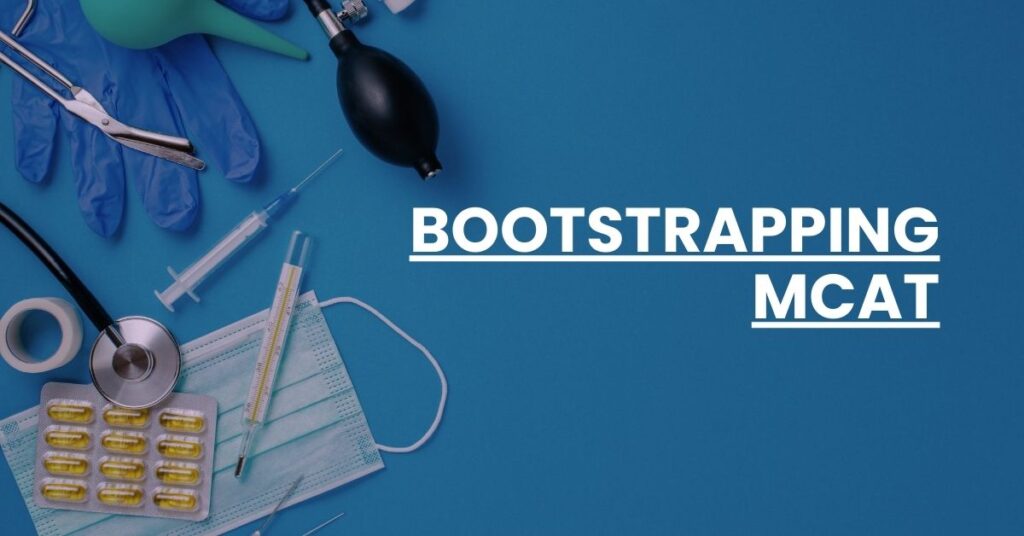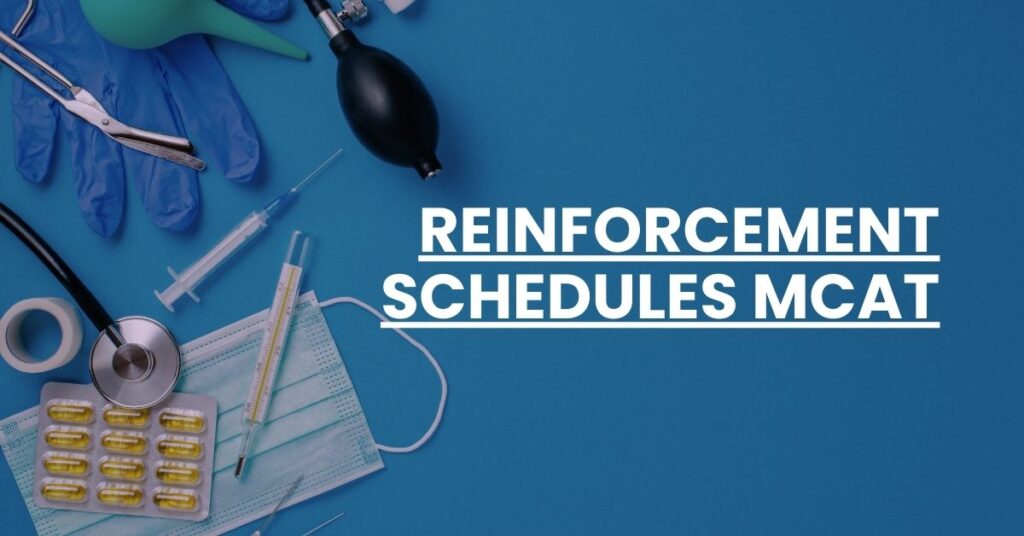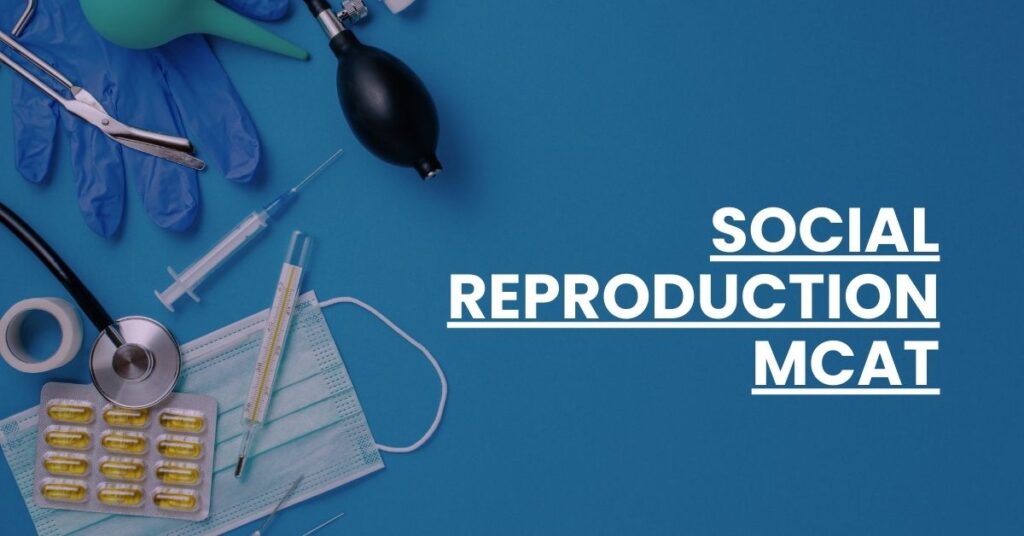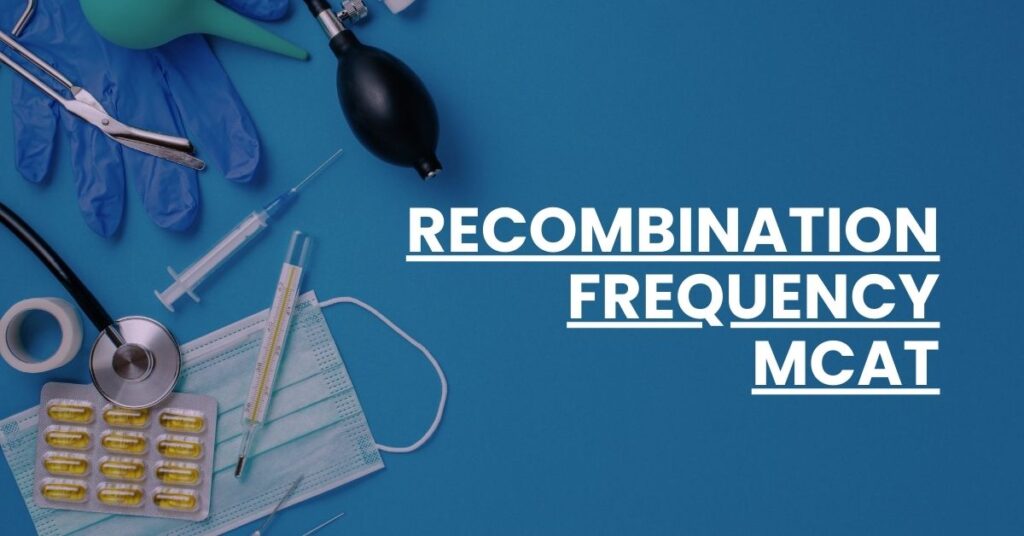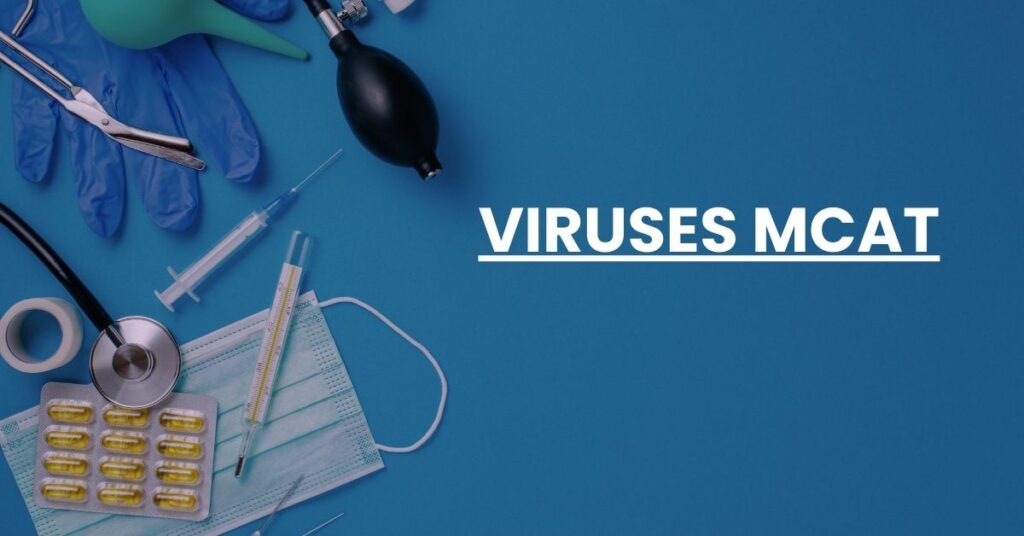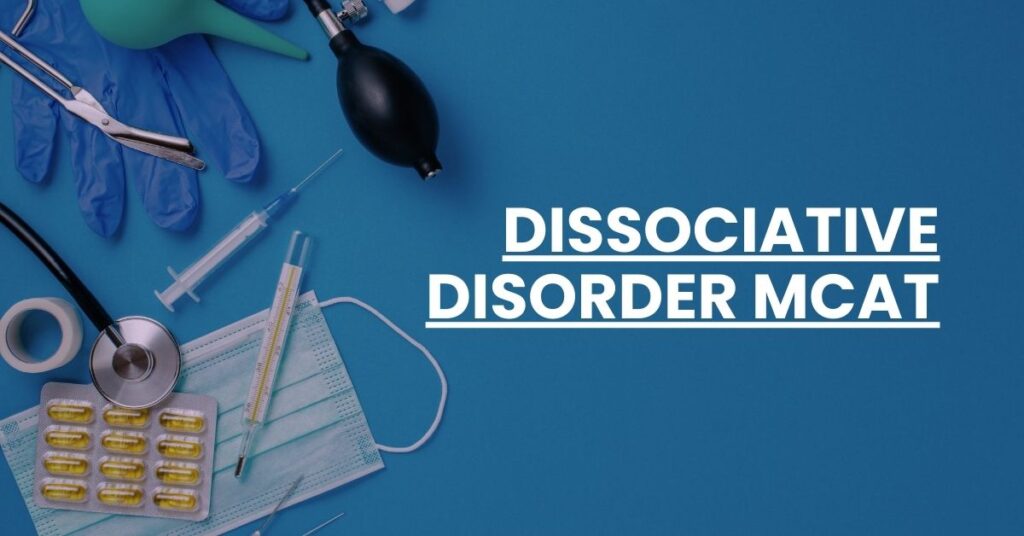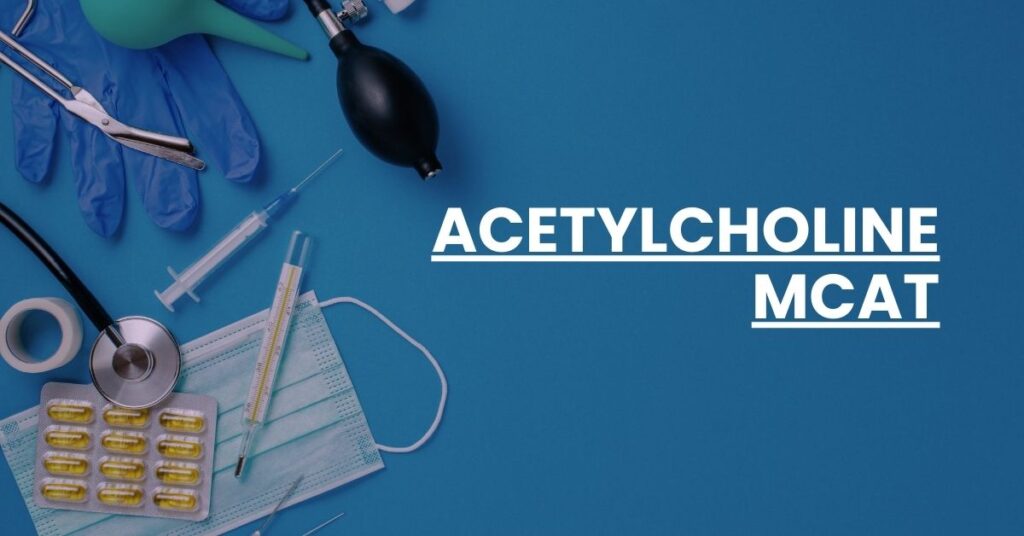Bootstrapping MCAT
Bootstrapping MCAT prep doesn’t have to be daunting. Achieve high MCAT scores through bootstrapping methods. Understanding Bootstrapping in MCAT Preparation When it comes to preparing for the Medical College Admission Test (MCAT), bootstrapping is all about self-reliance and making the most out of limited resources. For ambitious students like you, it’s about accepting the challenge […]
Bootstrapping MCAT Read More »
